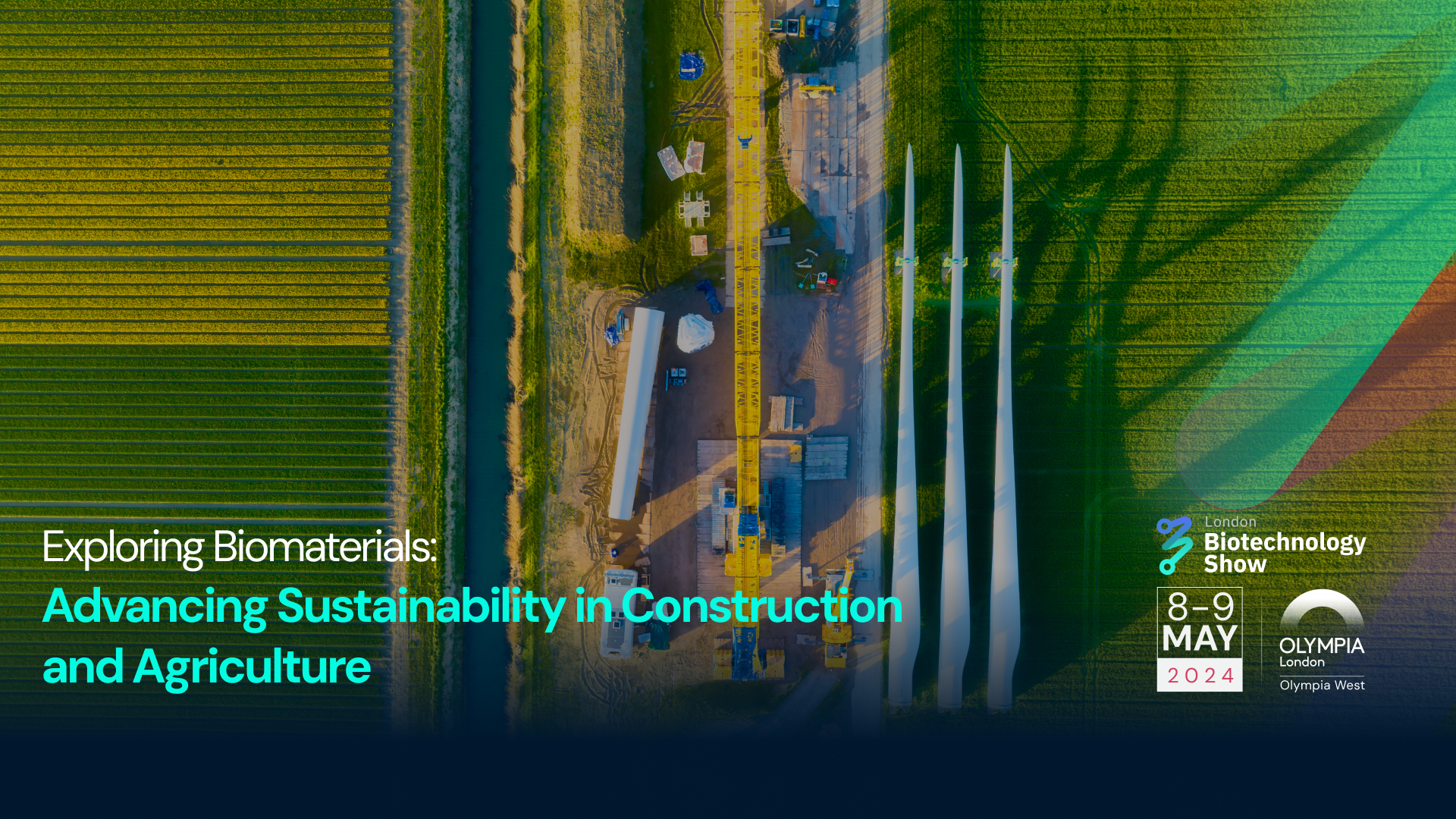In the not-so-distant past, the construction industry was a major contributor to pollution, particularly through the use of traditional materials like cement and bricks. These conventional construction practices led to significant environmental drawbacks, as pollutants emitted during production processes lingered in the environment, deteriorating soil fertility and accumulating without degradation. It was a cycle of harm that seemed difficult to break.
However, in the face of such challenges, innovation has emerged as a hopeful remedy. At least, the past decade has witnessed a remarkable shift towards sustainability through the adoption of biomaterials, offering a promising alternative to conventional construction methods. These biomaterials not only mitigate pollution but also demonstrate impressive resilience and self-regenerative properties.
One of the most groundbreaking developments in this realm is the utilization of organic waste to create new materials for construction. By harnessing the power of natural resources, companies like Biomason have pioneered the creation of innovative building materials such as bricks made from fungus and algae, combined with organic waste. These biomaterials not only eliminate the need for resource-intensive processes like mining and manufacturing but also possess the remarkable ability to self-repair, reducing maintenance costs and environmental impact over time.
The benefits of biomaterials extend far beyond the realm of construction. In agriculture, as well, organic farming practices have gained traction, offering a sustainable alternative to conventional methods reliant on synthetic fertilizers and pesticides. Microbial strains are now being employed to convert organic waste into valuable nutrients such as amino acids, paving the way for bio-organic fertilizers that nourish the soil without harming the environment. Additionally, biological agents like biopesticides have emerged as effective solutions for pest management, offering a safer alternative to chemical-laden counterparts.
What sets biomaterials apart is not just their environmental friendliness but also their inherent strength and durability. Contrary to the misconception that sustainable options compromise on performance, biomaterials have proven to be as robust as their conventional counterparts, if not more. Whether it's a building constructed from fungus-infused bricks or crops nurtured with bio-organic fertilizers, the resilience of biomaterials is evident in their ability to withstand the test of time while minimizing ecological footprint.

